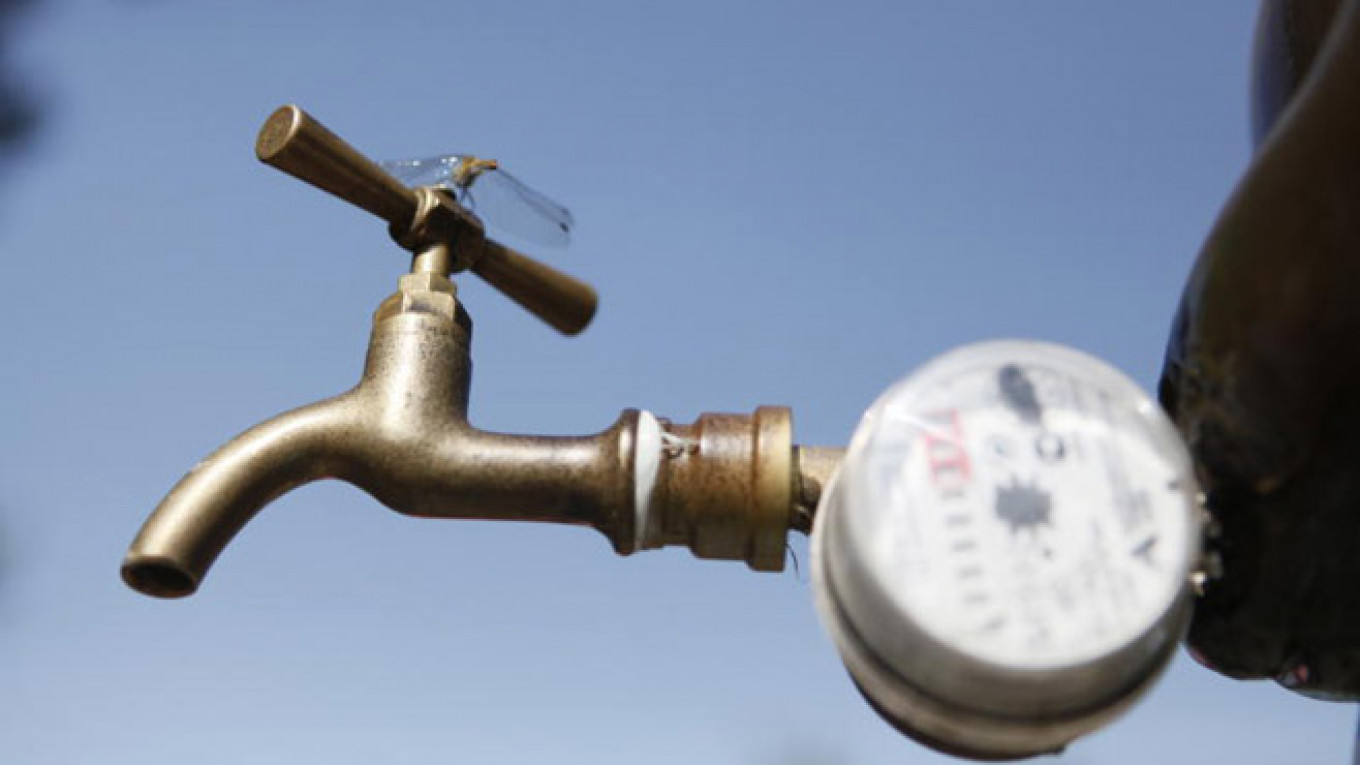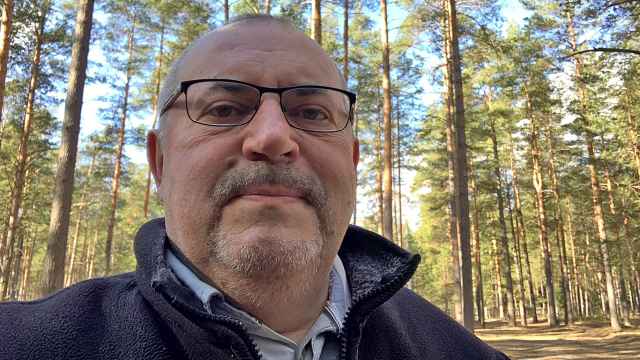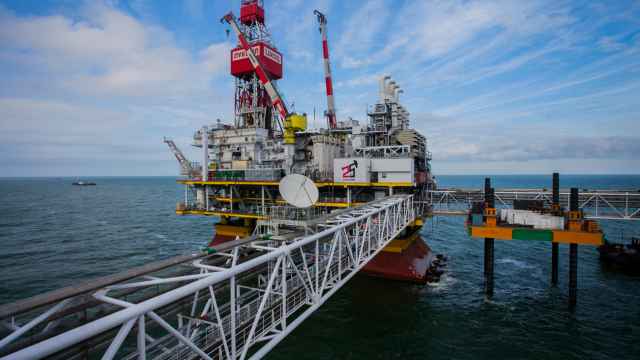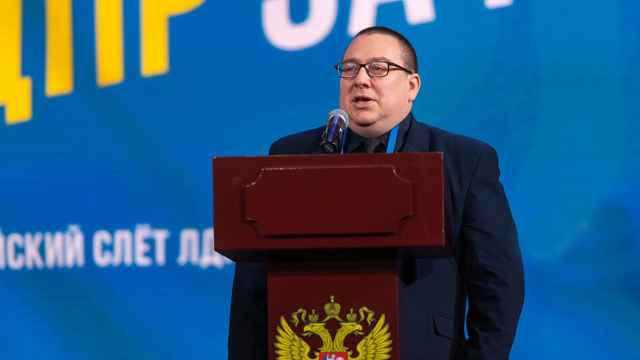Having despoiled Crimea's harvest, Ukraine's water war with Russia may take more victims, with two major Crimean chemical plants near closure because of a water shortage, a Crimean official said Wednesday.
The Krimsky Titan and Krimsky Sodoviy factories, which are situated in the northern part of Crimea, may soon be shut down after the Ukrainian government's move to cut the water flowing through the North Crimea Canal, which supplies 80 percent for the peninsula's water, Edip Gafarov, a member of the general committee of the Crimean national council said, RIA Novosti reported.
"The director of the plant told us that he had a supply of water for nearly 30 to 35 days, after which both plants may stop working if we do not restart supplying water via the North Crimea Canal," Gafarov said.
The plants' management declined to comment on the issue, saying only that their parent company Group DF is authorized to give comment on this situation. The Group DF spokesperson said that the plants are currently working on a regular basis, but both of them are trying to reduce water intake.
The Krimsky Titan plant is one of the main producers of titanium dioxide in Eastern Europe. It also produces mineral fertilizers, vitriolic acid, copperas and other chemical substances. The Krimsky Sodoviy factory is a major enterprise in the market of soda carbonate and before the annexation of Crimea was the only soda carbonate producer in Ukraine.
Both plants belong to the Group DF company, which is owned by the Ukrainian billionaire Dmytro Firtash. He was recently charged with bribery in the U.S. and is currently awaiting an extradition hearing in Vienna.
Earlier in April, Crimea's Agriculture Minister Nikolai Polyushkin said that the water war with Ukraine was likely to create huge problems for the peninsula's agriculture and cost Crimean farmers up to 5 billion rubles ($140 million). The shortage of fresh water has already destroyed the rice crop and lead to reduced soybean and corn harvests, according to the Crimean Agriculture Ministry.
Ukraine recently confirmed that the North Crimea Canal is mostly closed and that the only territory getting water from it is the Kherson region to the north of the Crimean peninsula, the news agency Kriminform reported.
The Ukrainian water agency said that canal's flow had been reduced because Crimean water consumers had not paid their debts for the last year. Crimea, formerly a territory of Ukraine, was annexed by Russia in March. The agency stated that it may open the canal if Crimea's 1.7 million hryvna ($143 million) water debt is paid and if the territory returns some of the technical equipment owned by the Ukrainian government.
Meanwhile, Russia's Defense Ministry has started supplying drinking water to southeastern parts of Crimea and may expand a field water pipeline across the peninsula, the ministry's spokesperson told RIA Novosti. An official from the Russian Natural Resources and Environmental Ministry previously told the news agency that a detailed plan aimed at solving Crimea's water supply problems will be outlined in two or three months.
Contact the author at d.kulchitskaya@imedia.ru
A Message from The Moscow Times:
Dear readers,
We are facing unprecedented challenges. Russia's Prosecutor General's Office has designated The Moscow Times as an "undesirable" organization, criminalizing our work and putting our staff at risk of prosecution. This follows our earlier unjust labeling as a "foreign agent."
These actions are direct attempts to silence independent journalism in Russia. The authorities claim our work "discredits the decisions of the Russian leadership." We see things differently: we strive to provide accurate, unbiased reporting on Russia.
We, the journalists of The Moscow Times, refuse to be silenced. But to continue our work, we need your help.
Your support, no matter how small, makes a world of difference. If you can, please support us monthly starting from just $2. It's quick to set up, and every contribution makes a significant impact.
By supporting The Moscow Times, you're defending open, independent journalism in the face of repression. Thank you for standing with us.
Remind me later.






